What is Aluminum Nitride Ceramics?
Aluminum Nitride (AlN) is a high-performance advanced ceramic material known for its excellent thermal conductivity, superior electrical insulation, and exceptional mechanical strength. Aluminum nitride, with the chemical formula AlN, consists of aluminum and nitrogen atoms bonded together in a hexagonal crystal structure.
Unlike many ceramics, aluminum nitride ceramics combine high thermal conductivity with low dielectric constants, making them ideal for applications requiring efficient heat dissipation and electrical insulation.
AlN Aluminum Nitride has surpassed the performance of traditional ceramics such as alumina in some specific areas and has become an indispensable material for the semiconductor, electronics, aerospace, and power device industries.
jump to
The main advantages of aluminum nitride
Aluminum nitride ceramics stand out for their excellent physical and chemical properties, making them a better choice than many traditional materials.
caveat
Aluminum nitride ceramics react chemically with liquids such as inorganic acids, strong bases, and water and dissolve slowly, so they cannot be directly immersed in such materials. However, aluminum nitride is resistant to most molten salts, including chlorides and cryolite.
Aluminum Nitride Ceramics Applications
Aluminum nitride (AlN) ceramics are widely used in several high-tech industries due to their excellent thermal conductivity and electrical insulation properties. They are widely used in semiconductor and electronic packaging as thermal substrates for high-power devices such as IGBT modules and LEDs to ensure stable device operation. In automotive electronics, AlN is a key heat dissipation material for electric vehicle power modules and battery management systems. In addition, AlN plays an important role in microwave and RF equipment, medical devices, as well as aerospace and defense, providing high-performance thermal and electrical insulation solutions.

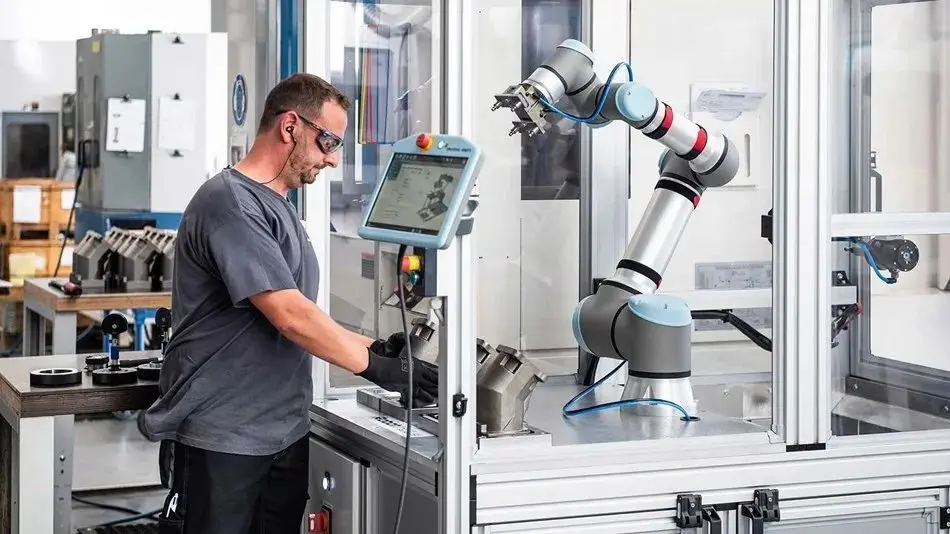
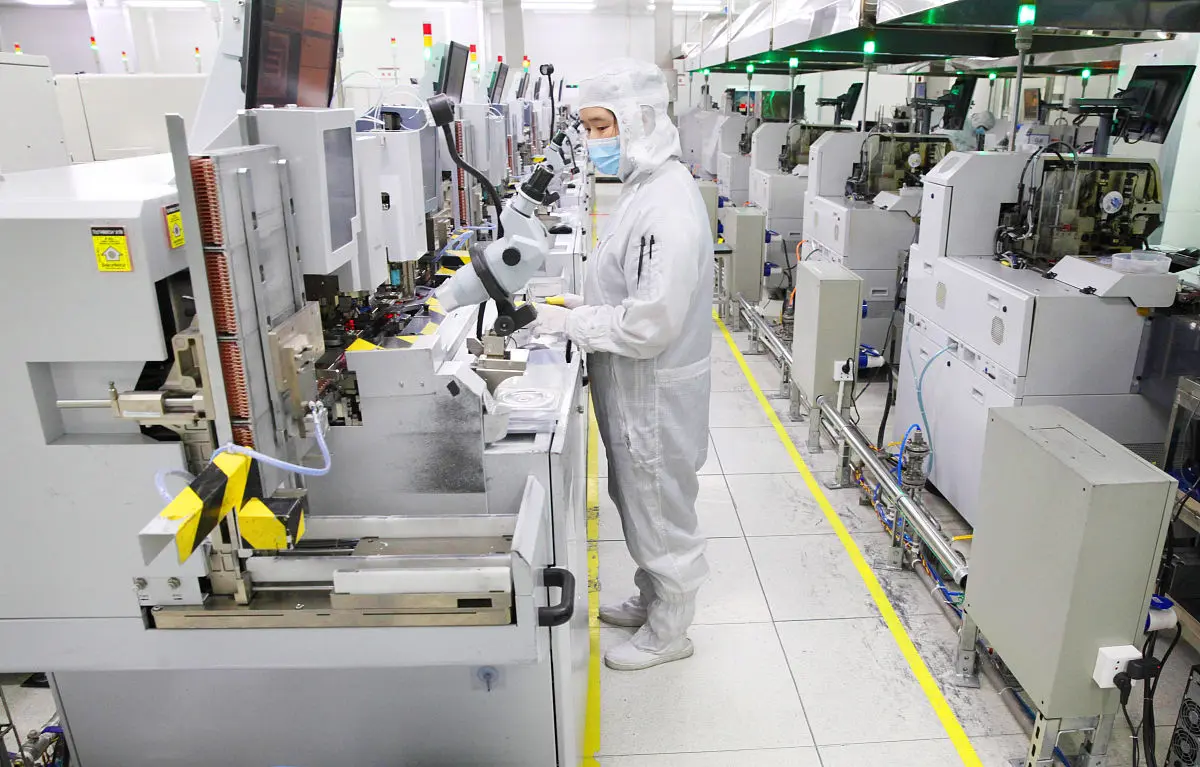
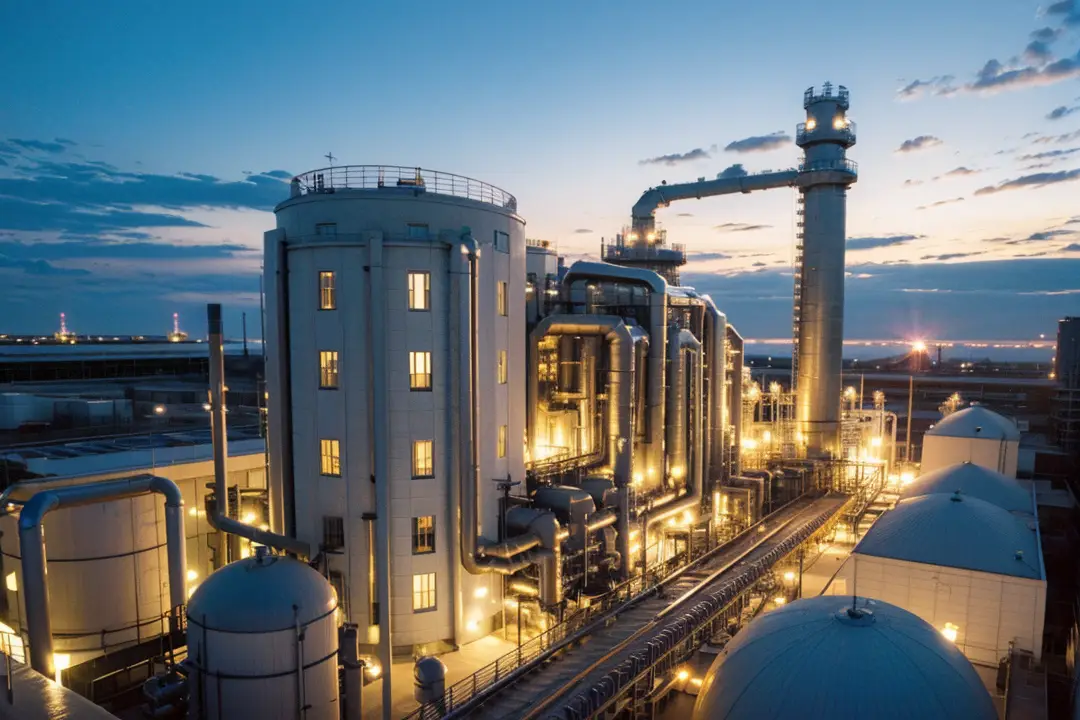

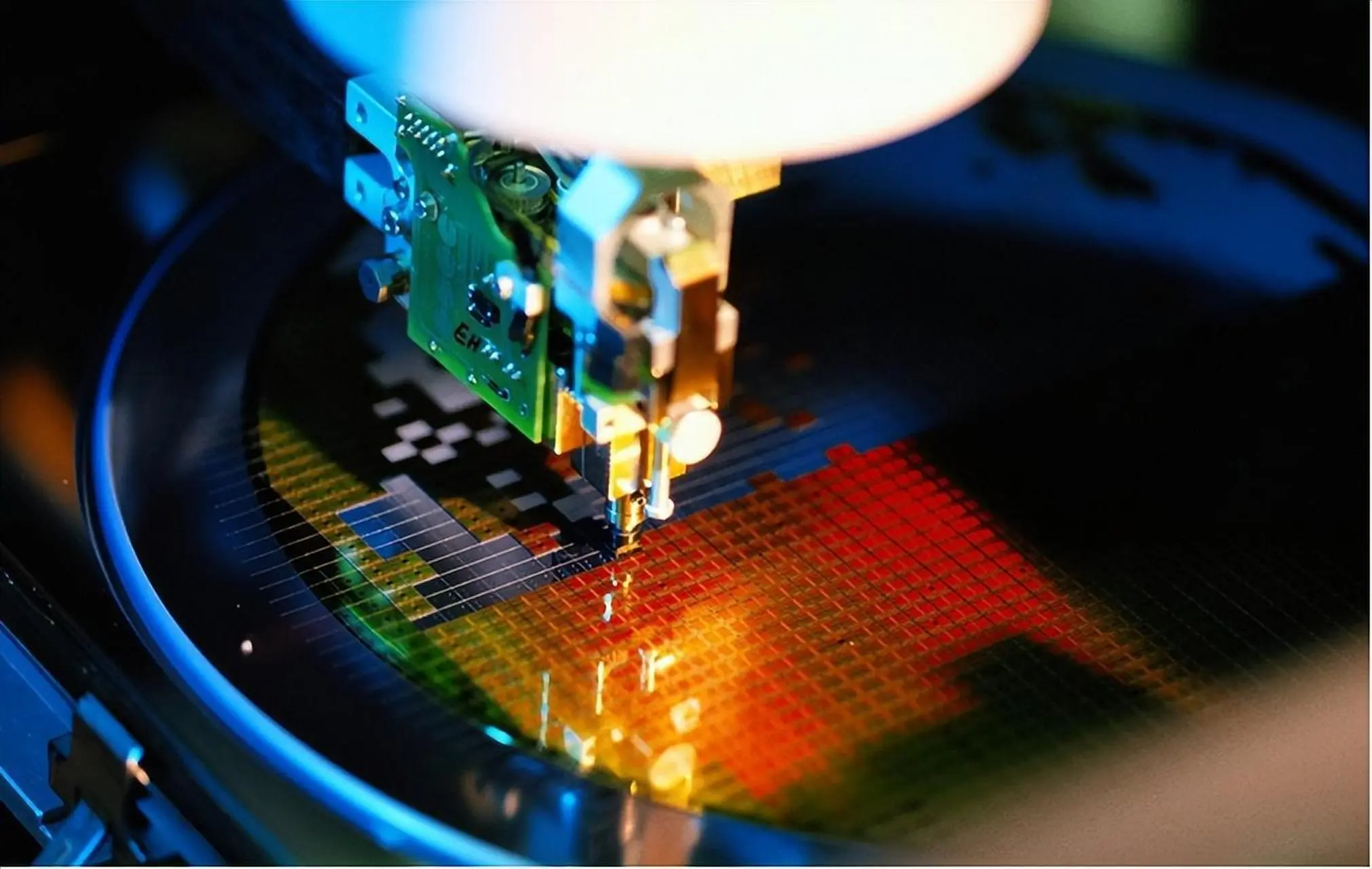
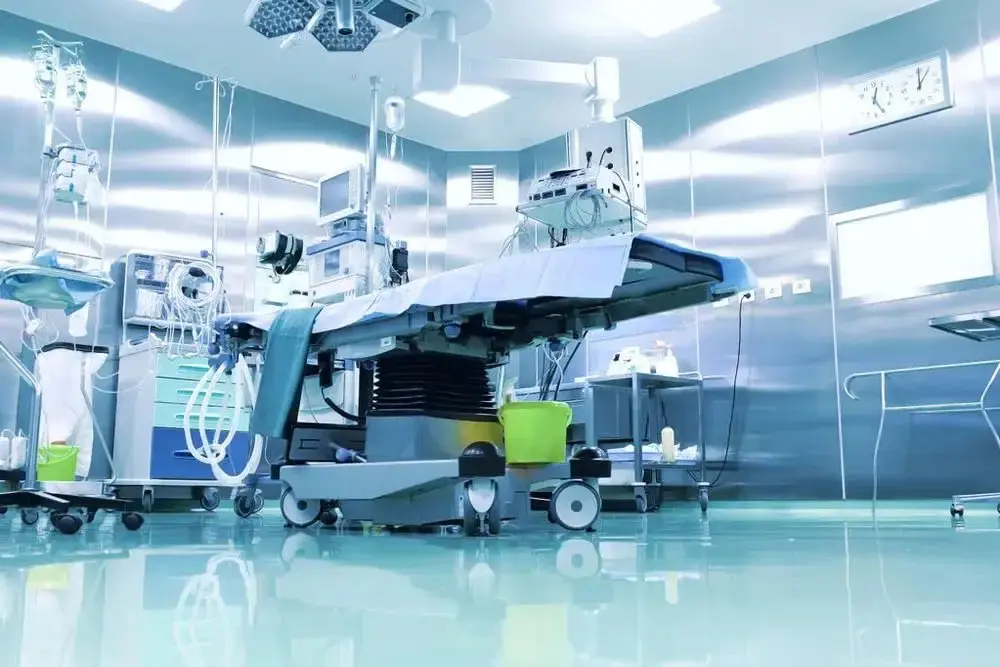
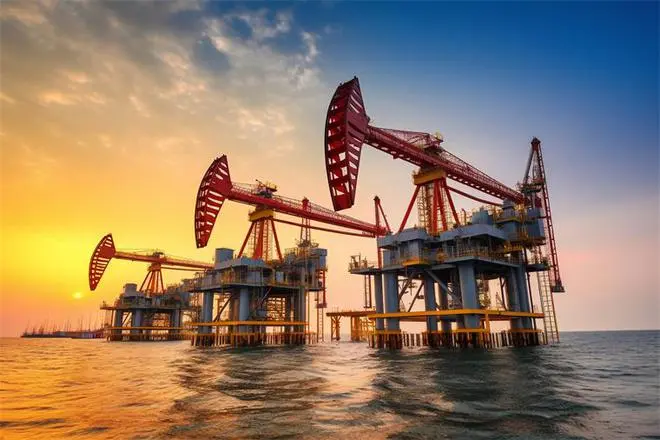
Available grades of aluminum nitride materials
At Zhihao, we offer a wide range of grades of aluminum nitride ceramics to meet different engineering requirements:
Aluminum Nitride Ceramics (AlN-170)
Standard grade Aluminum Nitride (AlN) ceramic is an advanced ceramic material that combines high thermal conductivity with excellent electrical insulation properties. It has a low coefficient of thermal expansion and high heat resistance while maintaining good mechanical strength, making it a key material for electronic packaging and thermal management. Standard grade AlN ceramics strike a balance between performance and cost and are widely used in thermal management systems for industrial electronics and power devices.
Main features
typical application
Production and processing
Standard grade Aluminum Nitride ceramics are typically produced from high purity Aluminum Nitride powders using a sintering aid assisted hot pressing (HP) process. In order to reduce costs and maintain consistent performance, standard grade aluminum nitride ceramics are formulated with sintering aids (e.g., yttrium oxide) to increase sintering density. Diamond tools are typically used for precision cutting, grinding and polishing to ensure dimensional accuracy and surface quality of the substrate.
AlN-200 upgraded aluminum nitride
AlN-200 grade aluminum nitride ceramics are advanced ceramic materials with high thermal conductivity and electrical insulation properties. With a thermal conductivity of 200 W/(m-K) and above, it ranks at the top of the AlN ceramic performance spectrum. Designed for high-power electronics, optoelectronics, and devices requiring extremely high thermal management, its thermal conductivity is close to that of copper, while maintaining excellent mechanical properties and low thermal expansion characteristics unmatched by alumina ceramics.
Main features
typical application
production and processing
AlN-200 ceramics are typically made from high-purity aluminum nitride powders. Ultra-high densities and thermal conductivity are achieved through optimized formulations and high temperature pressureless sintering or hot isostatic pressing (HIP) processes. During the manufacturing process, oxygen content is tightly controlled (typically less than 0.5 wt%) to maximize intergranular heat transfer. Finished substrates are typically precision ground, polished and metallized (e.g., Mo/Mn or Ti/Cu coatings) for subsequent soldering and electronic packaging.
AlN-230 Super Aluminum Nitride Ceramics
AlN-230 grade Aluminum Nitride ceramics are advanced technical ceramic materials with ultra-high thermal conductivity (≥230 W/(m-K)), representing the top performance grade in the Aluminum Nitride family. Its thermal conductivity approaches or exceeds that of some metals while maintaining excellent electrical insulation, making it ideal for applications requiring extremely high thermal performance and high power electronic packaging.
AlN-230 offers enhanced thermal management performance over standard grade (150-180 W/(m-K)) and advanced grade (200 W/(m-K)) AlN to significantly lower device junction temperatures, extend device life, and enable higher power density designs.
Main features
typical application
production and processing
AlN-230 grade ceramics are made from ultra-high purity aluminum nitride powder with tightly controlled oxygen content (typically ≤0.3 wt%). They are manufactured using optimized sintering additive systems and high temperature pressureless sintering or hot isostatic pressing (HIP) processes. Its dense microstructure and very low grain boundary thermal resistance result in ultra-high thermal conductivity.
Finished substrates are precision ground and polished on both sides to ensure thickness tolerance and surface flatness. Metallization (e.g. titanium/copper or molybdenum/manganese plating) is also available to meet the soldering requirements of electronic packages.
BN+AlN (composite) ceramics
BN+AlN composite ceramics are advanced ceramic materials made of hexagonal boron nitride (h-BN) and aluminum nitride (AlN) compounded in specific ratios, combining high thermal conductivity, electrical insulation, and excellent processability.
The material combines the high thermal conductivity, insulation and low thermal expansion properties of aluminum nitride (AlN) with the low density, good lubricity and ease of processing of boron nitride (BN). It is well suited for electronic and industrial applications that require efficient thermal management, lightweight construction and complex manufacturing processes.
Material Properties
typical application
preparatory process
BN+AlN composite ceramics are usually prepared using a homogeneous mixture of high-purity aluminum nitride powder and hexagonal boron nitride powder by hot pressing or hot isostatic pressing (HIP) process. By adjusting the BN content, the thermal conductivity, strength and processability of the material can be flexibly changed to achieve a balance between performance and processing cost.
Key Properties of Aluminum Nitride
| properties | AlN-170 (standard) | AlN-200 (upgraded version) | AlN-230 (super) |
| heat conductivity(W/m-K) | ≥170 | ≥200 | ≥230 |
| bulk resistivity(Ω-cm) | >1×10 14 | >1×10 14 | >1×10 14 |
| dielectric strength(kV/mm) | >15 | >15 | >15 |
| Coefficient of Thermal Expansion (CTE)(x 10-⁶/K) | ~4.5 | ~4.5 | ~4.5 |
| bending strength(MPa) | 300 - 400 | 350 - 450 | 350 - 450 |
| Maximum working temperature(°C, in inert gas) | ≥1000 | ≥1000 | ≥1000 |
| oxygen content(wt%) | 0.5 - 1.0 | ≤0.5 | ≤0.3 |
| cost positioning | economics | high performance | ultra-high performance |
| typical application | General-purpose power electronics packaging, LED heat dissipation substrate | High Power Semiconductor Modules, RF/Microwave Equipment | Ultra-High Power SiC/GaN Modules, High Power Lasers, Military Grade Thermal Management |
*The above values are typical material properties and may vary depending on product configuration and manufacturing process. For more details, please feel free to contact us.
* Aluminum nitride surfaces are susceptible to oxidation, forming a layer of aluminum oxide. This helps to protect the material, but affects the thermal conductivity (about 30 W/mK for aluminum oxide). In an oxidizing atmosphere, this occurs at about 700°C. In an inert atmosphere, the layer protects AlN at temperatures up to about 1350°C. At temperatures above this, intrinsic oxidation occurs.
Aluminum Nitride Product Application Examples
Aluminum nitride ceramics combine high thermal conductivity, excellent electrical insulation, low dielectric constants, and coefficients of thermal expansion close to that of silicon, making them a versatile material for numerous industrial applications. The following are some of the most common and impactful use cases for aluminum nitride products in various fields:
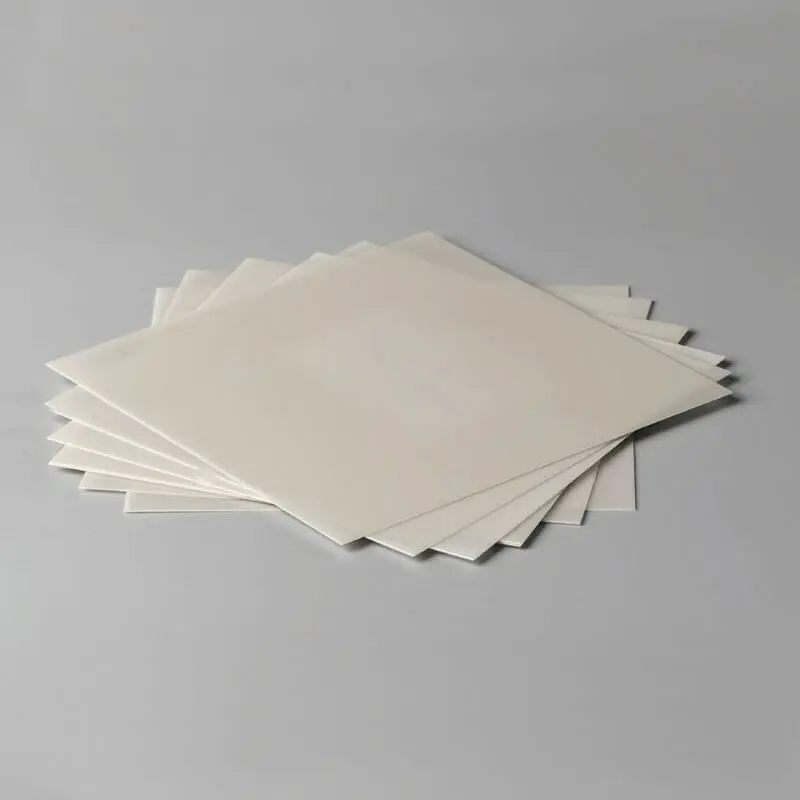
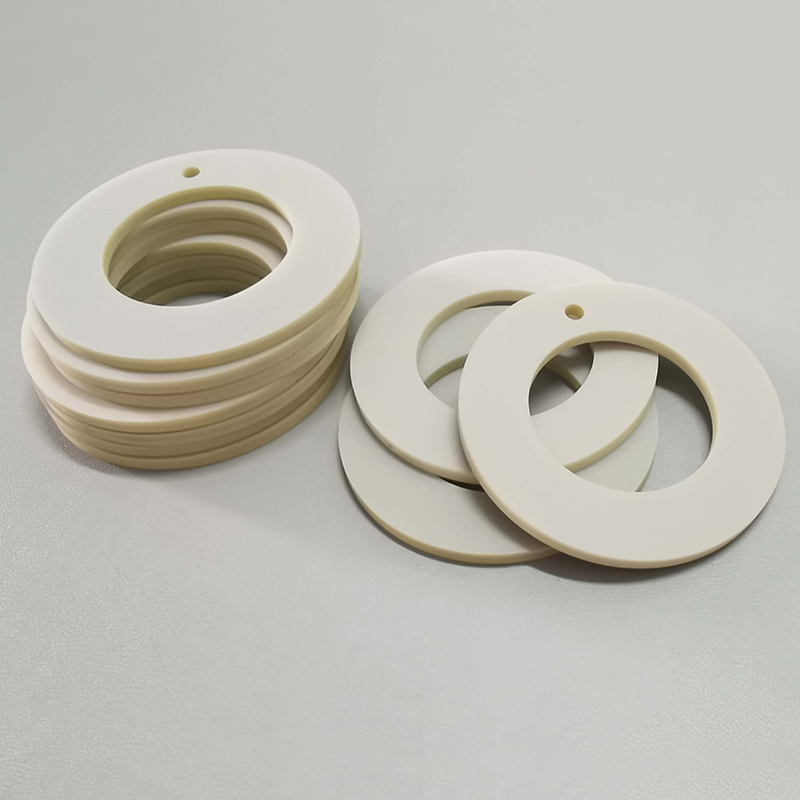

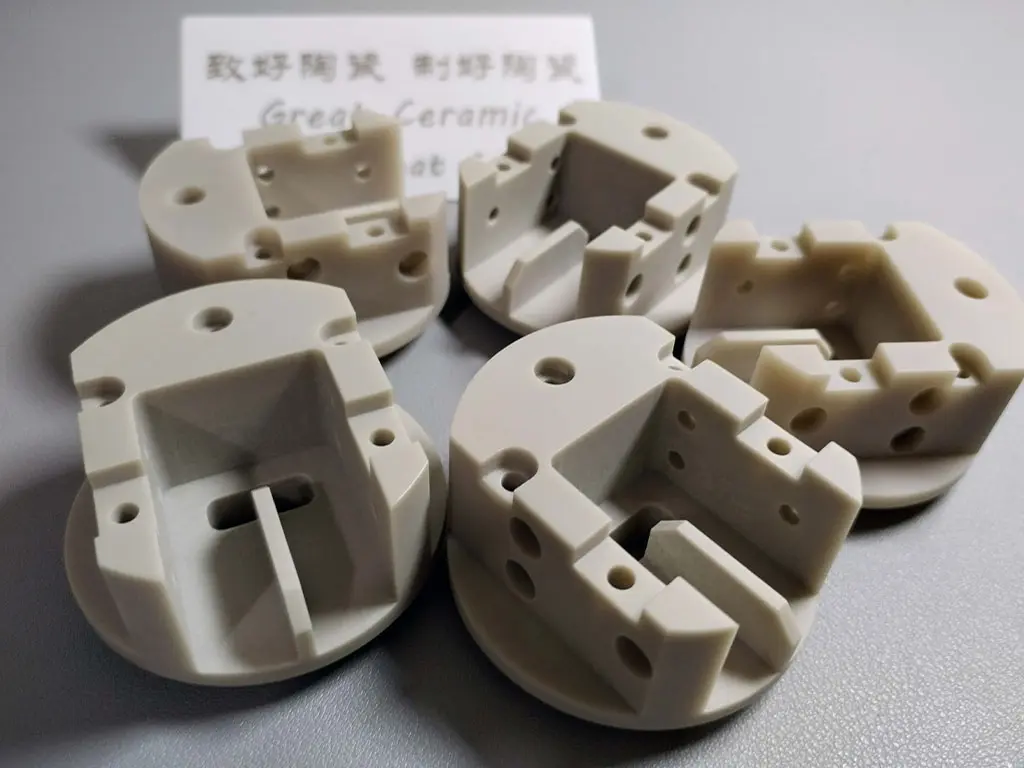
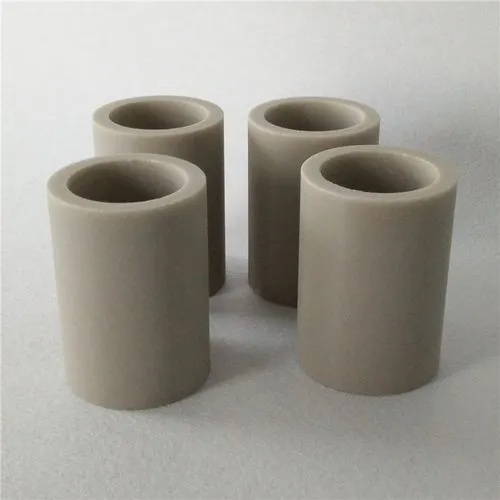
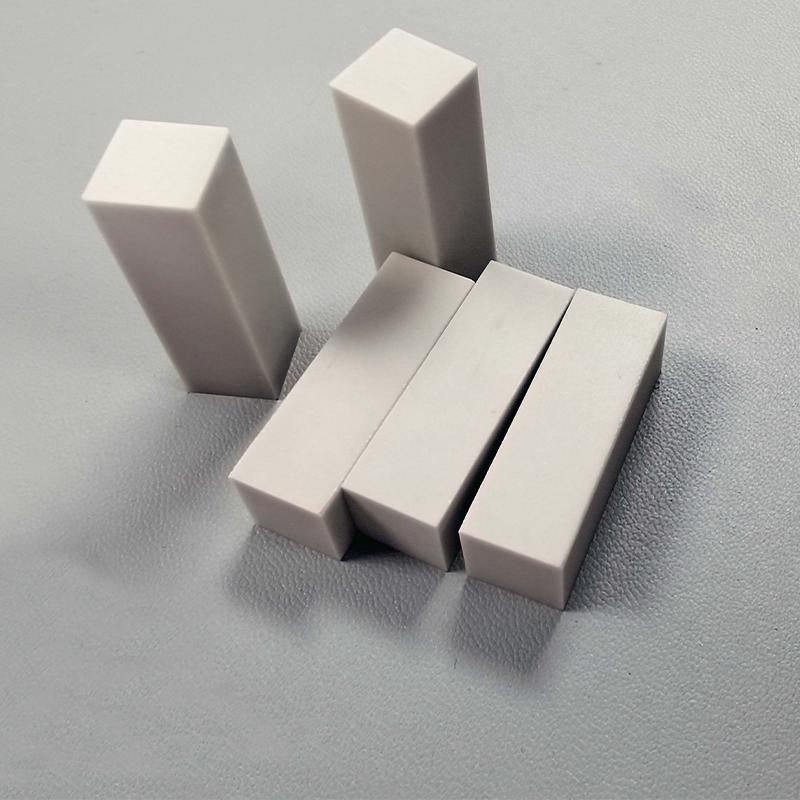
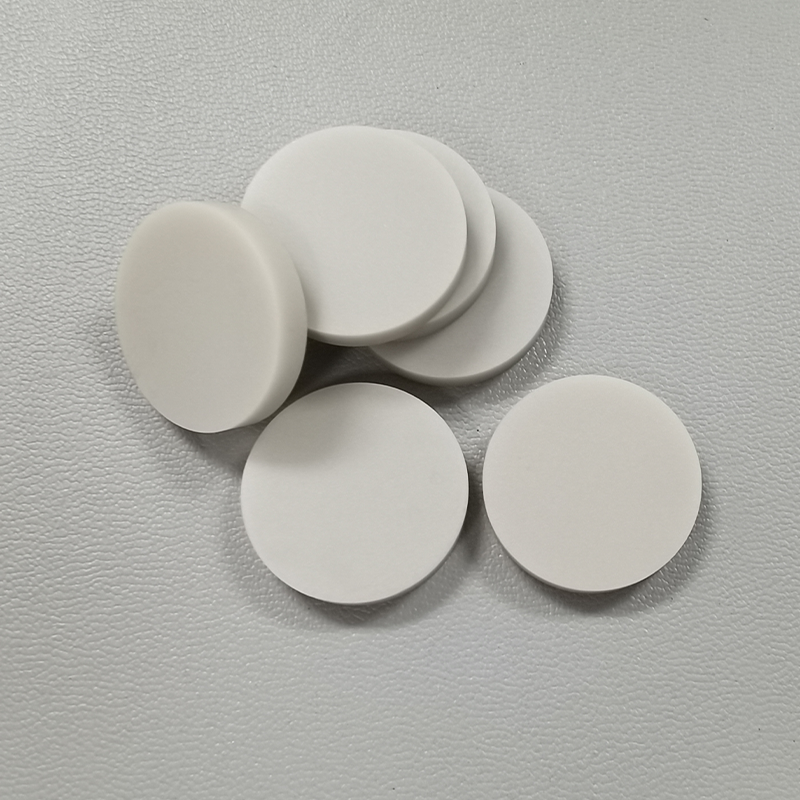
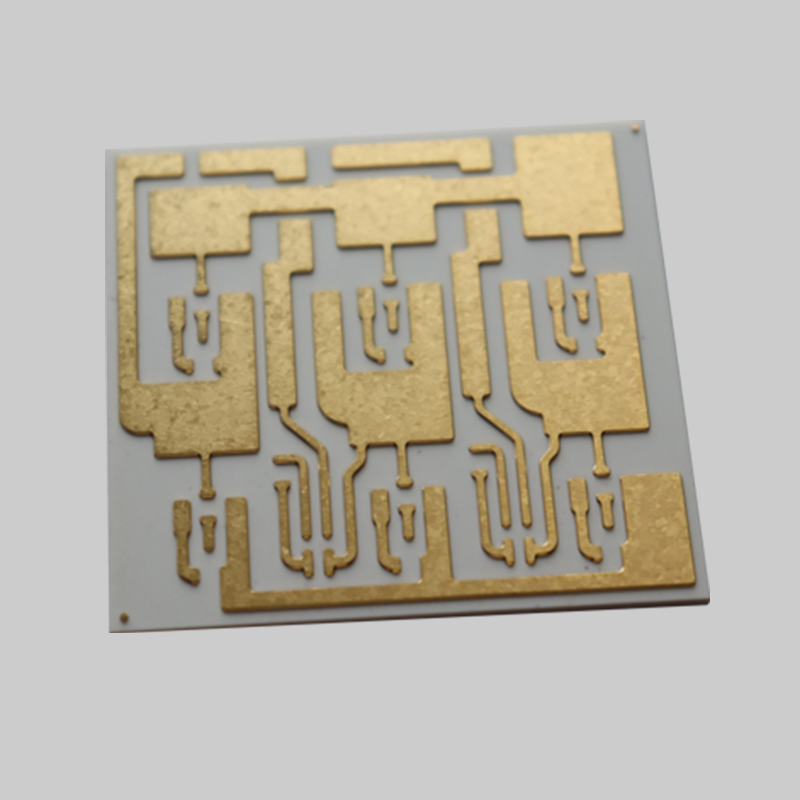
Processing of Aluminum Nitride
Zhihao Ceramics offers AlN Aluminum Nitride ceramics with high purity and excellent thermal conductivity, making them ideal for applications that require superior heat dissipation and electrical insulation properties. Aluminum nitride can be molded by a variety of methods, including dry pressing, isostatic pressing, injection molding, and casting, depending on the desired product geometry and properties.
Sintering is a critical step in the production of aluminum nitride ceramics. High-temperature sintering in a nitrogen atmosphere ensures densification of the material while maintaining its thermal and electrical properties. Similar to alumina ceramics, AlN aluminum nitride shrinks during sintering by approximately 20%, making it challenging to achieve precise dimensions in the billet state. Therefore, precision machining is necessary after sintering to meet exacting tolerances and complex geometries.
Due to the high hardness and brittleness of aluminum nitride, special processes such as diamond grinding, laser machining or ultrasonic machining are required for processing. Zihao Ceramics uses advanced CNC ceramic machining systems to produce precision parts ranging from aluminum nitride substrates to complex custom assemblies.
With a full range of state-of-the-art processing equipment and a wealth of technical expertise, Zihao Ceramics provides end-to-end solutions - from material selection and design optimization to precision machining and assembly - to ensure high-quality, high-performance aluminum nitride ceramic products for the most demanding applications.
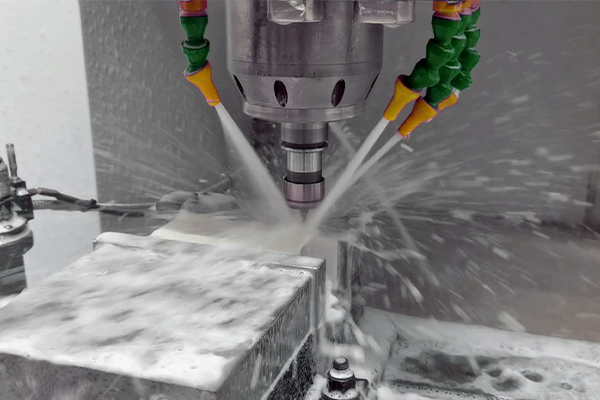
CNC grinding and milling
CNC milling, turning and grinding to micron tolerances.
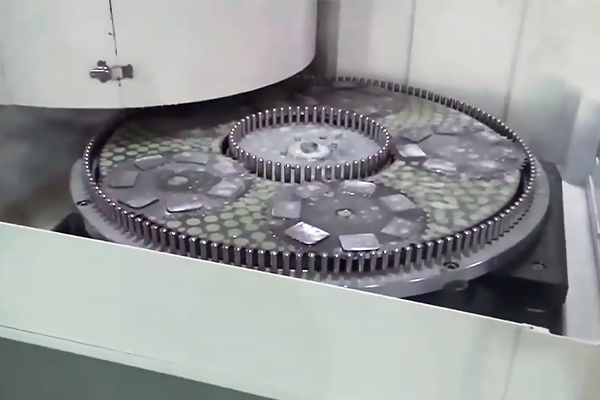
Grinding and polishing
Surface polishing results in smooth surfaces and optical grade surfaces.
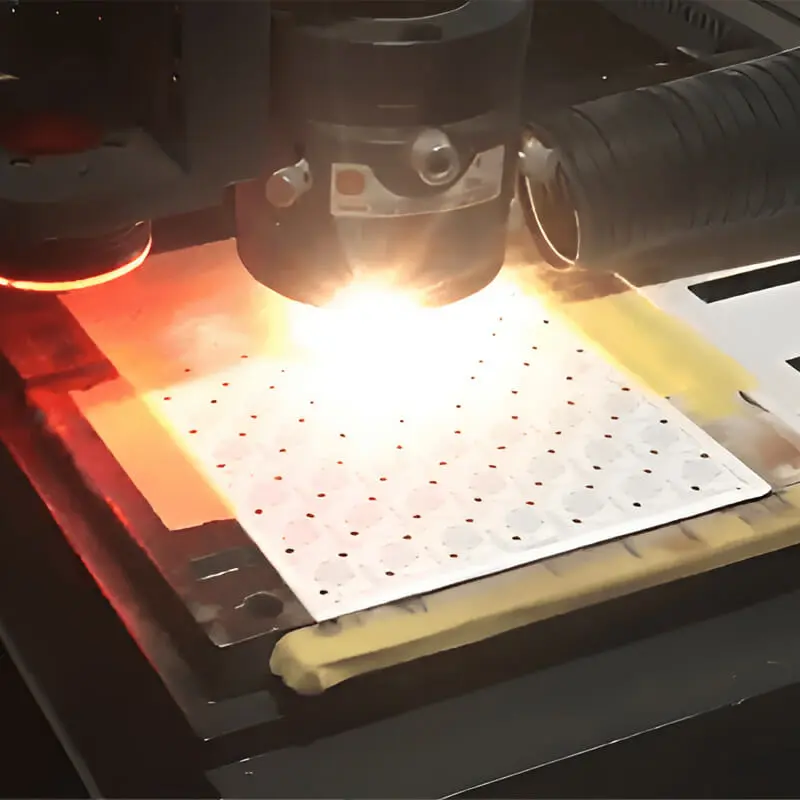
Ceramic Laser Cutting
For laser drilling and cutting of complex geometries.
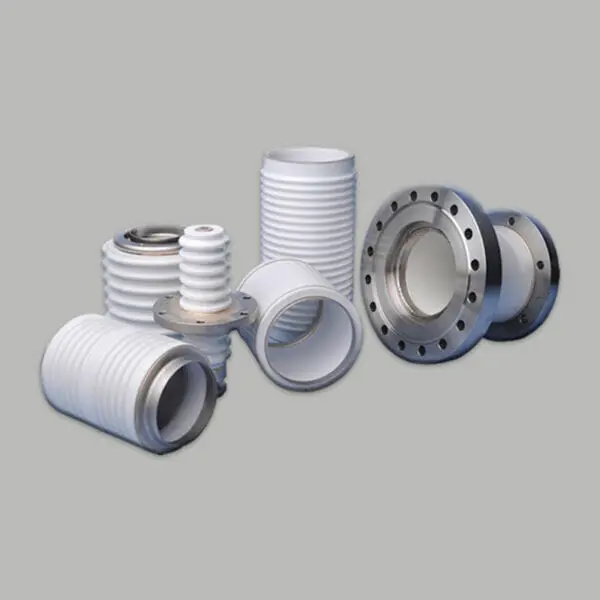
Metallization and welding
Metallization (Mo/Mn, W) for ceramic-to-metal brazing.
FAQ
Related Products
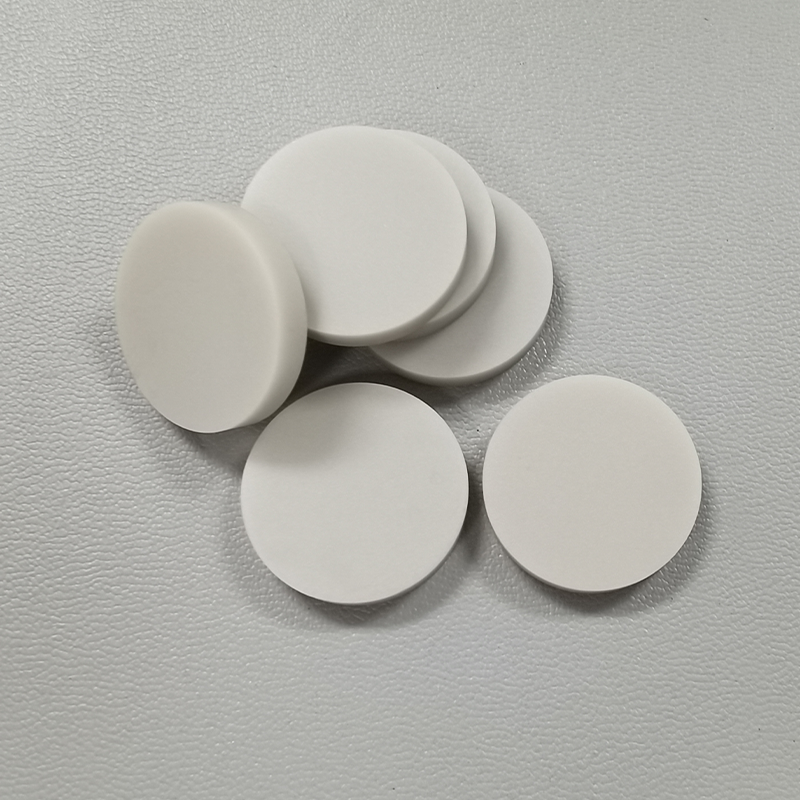
Aluminum Nitride Discs
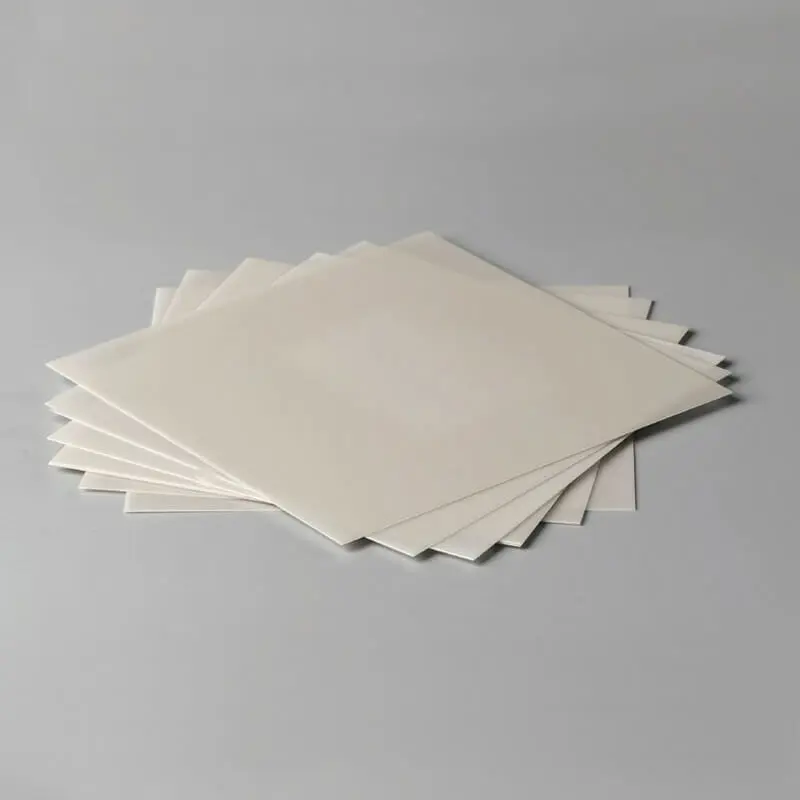
Aluminum Nitride Substrates
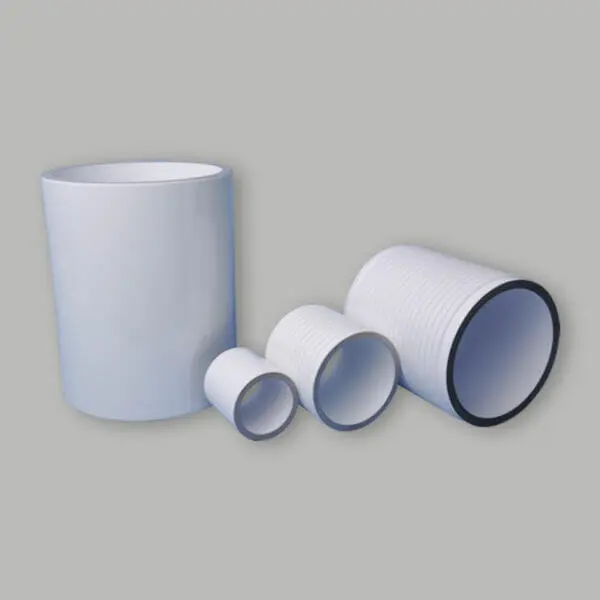
Metallized ceramic parts
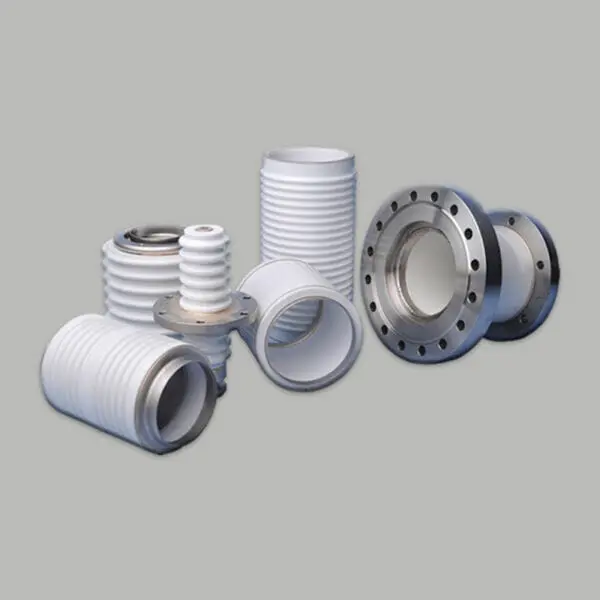
Ceramic and metal brazed assemblies
Advanced Ceramics Manufacturing Specialist




